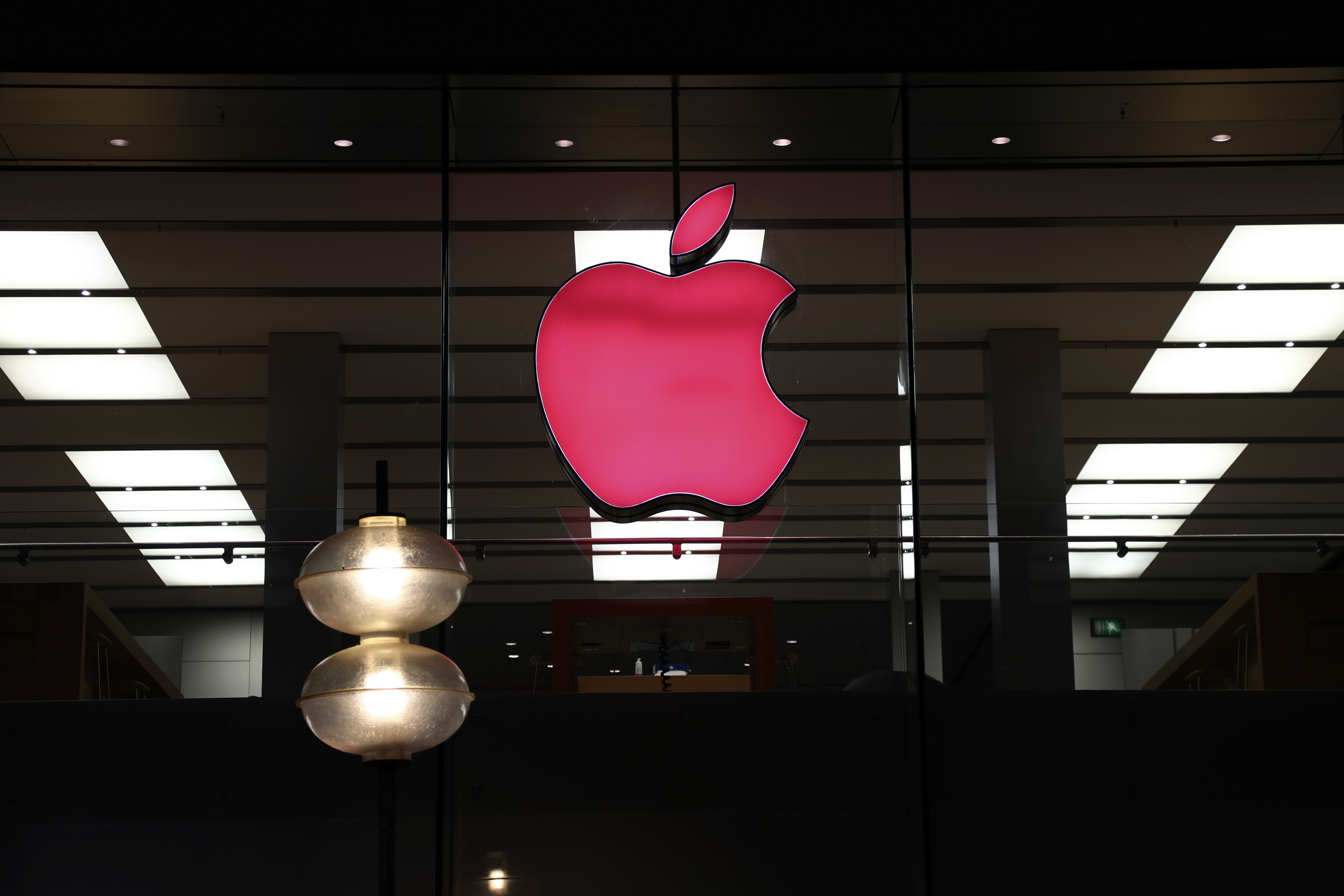Two months after the elections and constitutional maneuvers by the armed forces, the dust has begun to settle in Egypt, revealing that the Muslim Brotherhood controls the levers of power. The clarifying moment came on August 11 when President Mohamed Morsi removed the two top military leaders, consolidating the Brotherhood's hold over the government.
Realization has sent tremors of concern across the region and to Washington, but all may be over-reading the change. Despite a change of tone and public embrace of Iranian President Mahmoud Ahmaedinejad, indications are that a radical break is unlikely from Morsi's Egypt. Not only are the new military appointees well -known to the US and Israel, but Morsi has called for regime change in Syria, and conservative Gulf countries have stepped up with financial help for Egypt.
Such moderate reactions are surprising because it's widely believed that the latest changes in Egypt were orchestrated above Morsi, in the politburo of the Ikhwan Al-Muslimoon, the Muslim Brotherhood. Morsi's presidency, and with it Egypt's Ikhwani era, has just begun, and more surprises could be in store.
Since Morsi's election in June, Egypt has had two effective, opposing and undermining poles of power. One was the newly elected president; the second was the Supreme Council of the Armed Forces, which had ruled since February 2011 by direct appointment from former President Hosni Mubarak, his last official act. SCAF did not move to relinquish power since the election. On the contrary, in the midst of the second round, hours before vote counting was due to begin, SCAF, headed by Minister of Defense Mohamed Tantawi, issued a "complementary constitutional declaration" transferring legislative powers to SCAF. Tantawi clearly had little respect for Morsi.
Dialogue has already been established. The Muslim Brotherhood has signaled willingness to maintain open diplomatic channels with Israel - warm ones even, if judging by the tone of the letter addressed by Morsi to Israeli President Shimon Peres, though the letter's veracity is strangely disputed.
A week prior to the latest reshuffling, on the heels of the terrorist attack in the Sinai that left 16 Egyptian security officers murdered, Morsi replaced the chief of intelligence services, appointing Mohamed Shehata, who had most recently acted as liaison with the Israelis on the release of soldier Gilad Shalit.
Even as Egypt is engaged in a wide military campaign in the Sinai, Gaza's government has sheepishly tried to maintain a presence on Egypt's radar. Many in Egypt are quick to point the finger towards Gaza in those attacks, and Hamas has vehemently defended itself. Nevertheless, Hamas, relatively content with consolidation of power in Morsi's favor, was noticeably quiet as a joint military-police campaign for eradicating pockets of extremists in the Sinai also targeted tunnels connecting Gaza to the Sinai, which for years have provided routes for goods, people and also weapons. On Sunday Hamas Prime Minister Ismail Haniyeh called upon Egypt to coordinate its security arrangements with Gaza, excluding the Israelis - a call Egypt can be expected to ignore.











